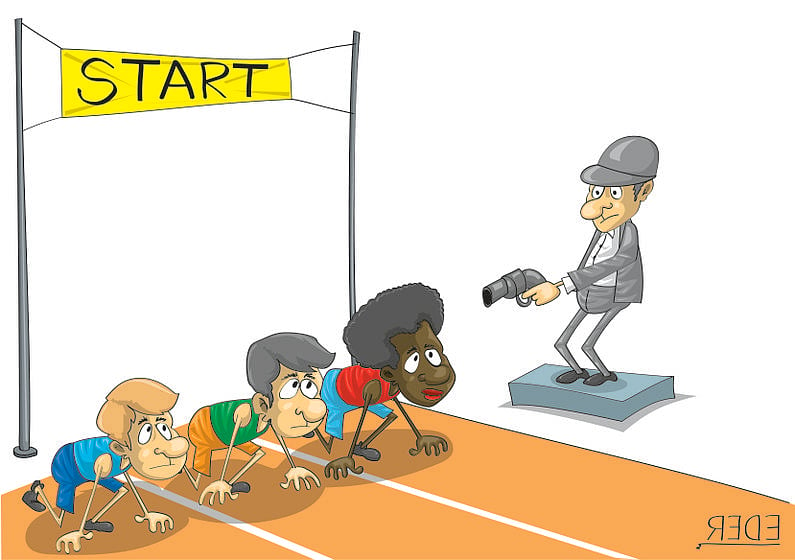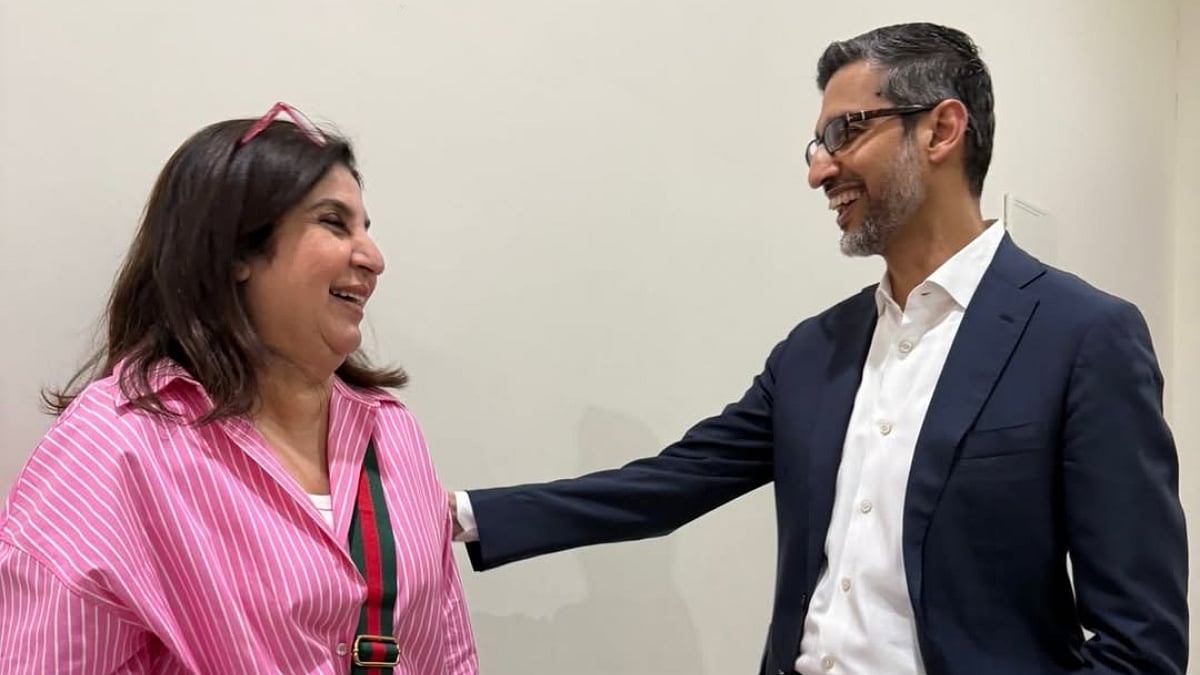George Floyd’s murder by an officer of the Minneapolis police sparked off a tsunami of protests, not just in the United States, but world over. People from all walks of life, of all religious and racial denominations, have raised a collective voice against racism at the core of Floyd’s death.
Floyd died of asphyxiation soon after white police officer Derek Chauvin arrested him, allegedly for using counterfeit money to purchase cigarettes. He was pinned to the ground by Chauvin who used his knee as a stranglehold on Floyd’s neck to prevent escape.
For eight minutes and 46 seconds, Chauvin exerted high pressure on his captive’s neck. Floyd kept imploring his captor to set him free, saying that he couldn’t breathe. But the police officer kept increasing the pressure.
The brutal event, captured on camera, highlighted Chauvin’s brazen disregard for Floyd’s life. The fact that was one in a chain of several such harsh policing efforts, not all leading to death, but almost all targetting black people, lit the fire of protest and resentment that still rages.
‘Get your knee off my neck’ became more than just a hashtag on social media platforms, and became a metaphor for police brutality. Similarly, ‘Black Lives Matter’ grew from being an indictment of racial politics to one against majoritarian political philosophy, in the US and elsewhere.
The impact of Floyd’s death in such bloodcurdling manner has been widespread. In keeping with the brief of this column, however, I’ll restrict myself to how this has played out in the world of sports.
One of the earliest and foremost voices against Floyd’s murder came from Michael Jordan, regarded as the greatest ever basketball player, and whom the documentary ‘The Last Dance’ is this season’s blockbuster on Netflix.
“I see and feel everyone’s pain, outrage and frustration. I stand with those who are calling out the ingrained racism and violence toward people of colour in our country. We have had enough,” Jordan tweeted from his official handle.
Jordan coming out so openly and strongly was deeply significant. In the past he had usually preferred silence, claiming that he was not a ‘political’ person. Given his sporting profile and the following he commands, Jordan’s statement gave the movement momentum.
The anti-racism protest wasn’t restricted to major domos. Consider Coco Gauff, an American tennis player. She is only 16 and one of the rising stars on the WTA circuit. This is what she had to say about the dissent sweeping her country.
“I think it’s sad that I’m here protesting the same thing that (my grandmother) did 50-plus years ago…I was 8 years old when Trayvon Martin was killed. So why am I here at 16 still demanding change?” she asked.
But as the uproar against racism spread worldwide, it ceased to be just a black versus white issue. In fact, it acquired an extraordinary dimension when former West Indies cricket captain Darren Sammy claimed that he had faced racial slurs playing in the IPL.
Sammy revealed he had frequently been referred to as ‘kalu’, not just by Indian fans, but also some teammates in the Hyderabad franchise he played for.
He said he had no idea of what ‘kalu’ meant till he saw a show by stand up comedian Hasan Minhaj, who runs popular show ‘Patriot Act’, on Netflix, which exposed it as a racist description of black people in the Indian sub-continent.
Subsequently, an archived tweet of fast bowler Ishant Sharma showed that he had indeed referred to Sammy as ‘kalu’. The embittered West Indian wanted an explanation – if not an apology – from those in his team who had referred to him so derogatorily.
How this unravels remains to be seen, but Sammy's disclosure should awaken Indians to the unsavoury reality that we can also be racist. We may pretend that this does not exist, often using the Constitution of the country as defence, but everyday life tells a different story
Indigenous dark-complexioned people are frequently called ‘kalu'. This extends into all areas, not just sport and even if used loosely, as some have argued, this is scurrilous and reflects mind-set weaned on racist bigotry.
Such mind-set has no place in the modern world. Racial equality is non-negotiable, in sport and in life. That message needs to go out loud and clear. To that end, Sammy's voice, like those of scores of black athletes, is timely and crucial in India.
Racism and majoritarianism and other such prejudices are reprehensible any time and need to be called out instantly.
Unfortunately, Indian sportspersons, barring exceptions like Irfan Pathan and Jwala Gutta, have been unwilling or afraid to even voice an opinion condemning these evils.
The plea that a sportsperson is apolitical is unsustainable today. Silence in such matter betrays support for the other side. Even worse perhaps is the defence in India that a sportsperson has a lot to lose by taking sides. This reflects contemptible shallowness of character.
Muhammad Ali, Colin Kaepernick, Coco Gauff – to name only three – showed conviction and courage, uncaring about material losses, to fight social discrimination. That is the only way to counter such insidious and destructive evil.
If the influential do not speak up, they only give this malevolence longer lien.
The writer is a senior journalist who has been writing on the sport for over 40 years.




